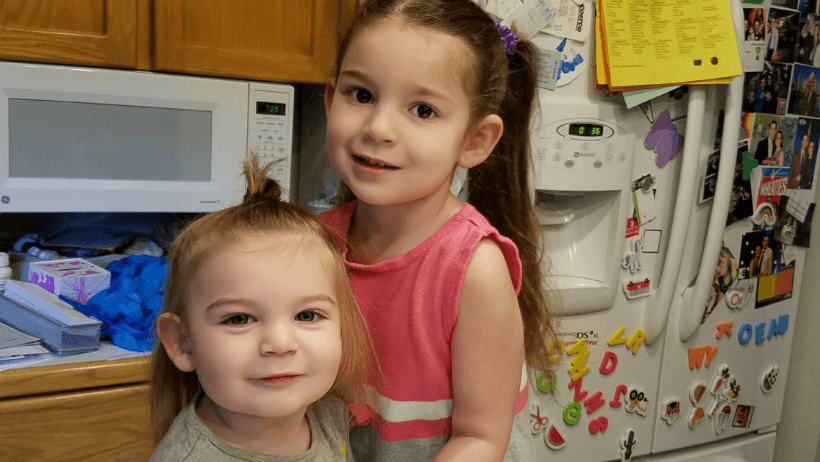When I was pregnant with Matan, I heard many well-meaning reminders not to compare the two children. It is inevitable, though, that we look for similarities when we look at our children. Whether in the way they look (my two look exactly the same), the age at which they meet certain milestones (Matan is slightly faster in some respects), or their nature in general, I find it difficult to stop myself from noticing how they’re alike. The only problem is that all the tricks and parenting strategies I’ve honed with Shiri will fail on Matan, and I’ll be forced to remember that while they may look the same, they are completely different children.

This doesn’t just apply to parents. If you have a sibling, you have likely gone through this too. Perhaps you’ve had the experience of sitting in class on the first day of school, when a teacher reads your last name and then makes a comment about your older sibling who had the very same class. You’ve instantly gone from being an individual with your own identifying qualities to being linked to whatever behaviors and expectations – good or bad – the teacher associates with another member of your family.
The Torah is full of stories of siblings and the wrongs or rights they’ve done to one another. We hear stories of sibling rivalries, betrayal, and support. Our parshah this week, Pinchas, is no exception. The Torah portion bounces from event to event; you’ll get dizzy trying to keep up. We begin with the story of Pinchas (identified as Aaron’s grandson) and the extreme action he took against those who defied the prohibition of idolatry. Then we move to the daughters of Zelophechad (Joseph’s great-great-great-grandson), who want to inherit land after their father’s death because he had no sons. Then Joshua is appointed Moshe’s successor, and we end with the sacrifices we are to make for Rosh Hodesh and the holidays.
During the recalling of the census, we learn the following:
Born to Pallu: Eliab. The sons of Eliab were Nemuel, and Dathan and Aviram. These are the same Dathan and Aviram, chosen in the assembly, who agitated against Moses and Aaron as part of Korach’s band when they agitated against the Lord.
We learned the story of Dathan and Aviram earlier in the Torah when they joined with Korach and caused a great deal of trouble. Suddenly, here in our parshah, we learn that there was a third brother, Nemuel.
This older brother didn’t join his younger brothers in their nefarious activities, which means we now have the narrative of three brothers, raised in the same environment and with the same parenting, who did not all turn out the same. Can you imagine Nemuel going to school and having people find out he’s the older brother of the two troublemakers?
This week’s parshah offers an interesting version of the nature versus nurture debate. We see that brothers can be similar biologically, yet have opposite values and leadership qualities. It’s a helpful reminder – whether with students, children, or siblings – not to rely on assumptions, but to judge each person on their own merit.



